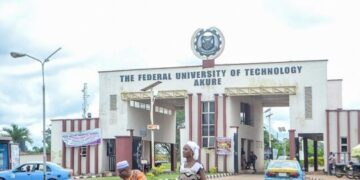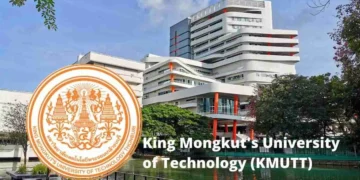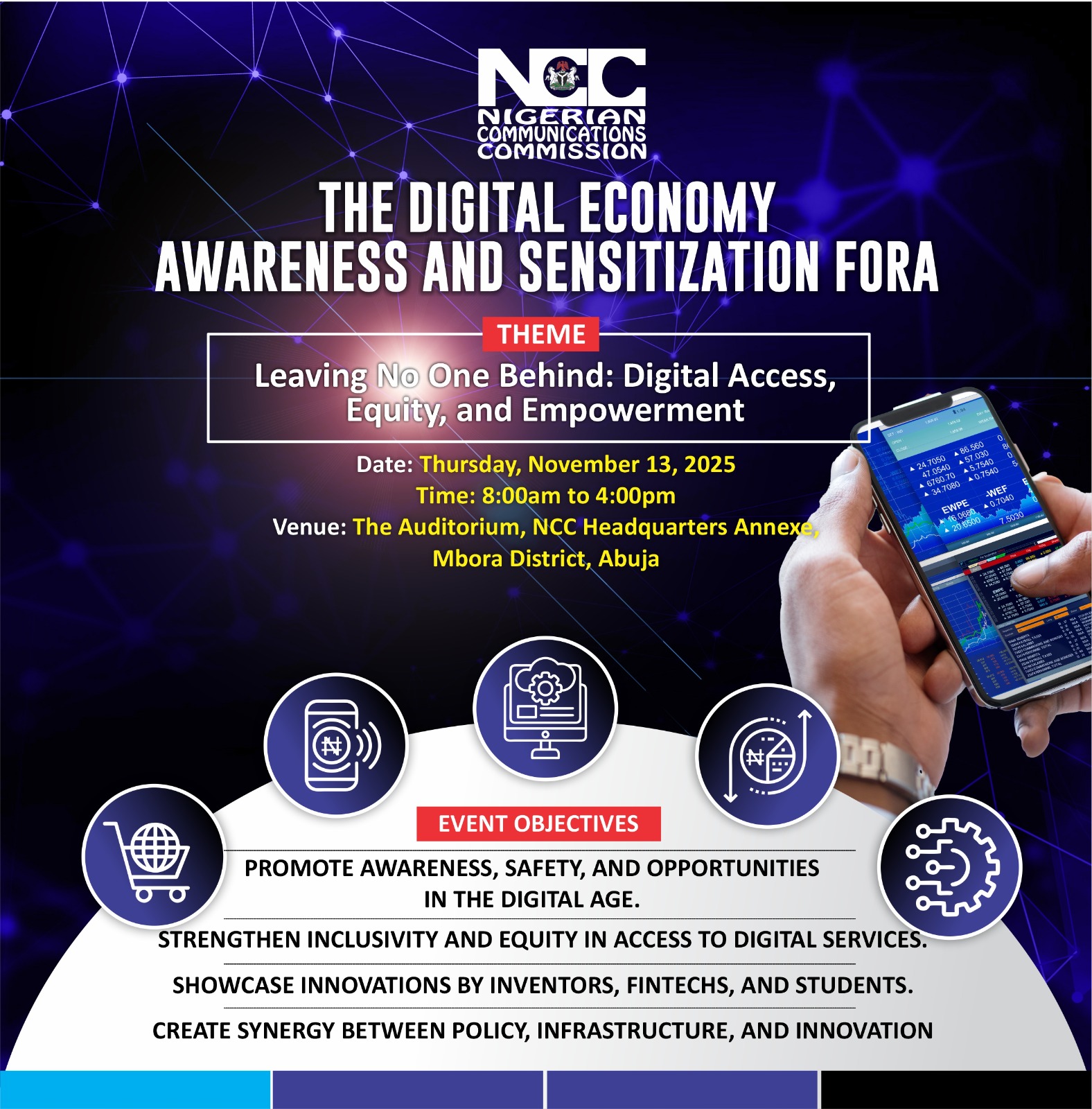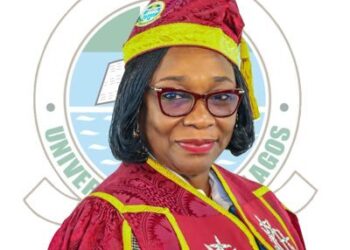The Nigeria Union of Teachers (NUT) has stated that transitioning to computer-based examinations by the West African Examinations Council (WAEC) and the National Examinations Council (NECO) will not put an end to examination malpractices.
NUT National President, Audu Amba, made this known during an interview with the News Agency of Nigeria (NAN) on Sunday in Abuja.
His comments follow the recent directive from the Federal Government mandating WAEC and NECO to fully adopt Computer-Based Testing (CBT) for their examinations starting in 2026.
According to NAN, under this new directive, both multiple-choice and essay components of the examinations will be administered using computers, beginning with the May/June 2026 examination cycle. WAEC is expected to commence CBT for objective tests from November 2025.
Minister of State for Education, Dr Tunji Alausa, who announced the decision, noted that the adoption of CBT would improve efficiency and curb malpractices.
However, Amba argued that the root of examination malpractice lies in the undue emphasis placed on paper qualifications within the Nigerian society.
“We place far too much value on certificates and grades, without regard for the student’s actual intellectual capabilities,” he said. “Students, sometimes with the support of their parents, will go to great lengths to obtain certificates they cannot defend, simply because of societal pressure.”
He further highlighted the need to address the digital literacy gap among both students and teachers before implementing such a significant policy shift. Amba warned that without proper infrastructure, training, and support, the transition may prove ineffective.
“We are talking about CBT, but where is the electricity, the manpower, the internet network?” he questioned. “Many teachers in rural areas are not even computer literate. We cannot sit in urban centres and make policies that are unimplementable in rural communities.”
He added, “In my own village, for example, there is no network coverage unless you climb a particular hill. Many students in similar locations have never even seen a computer, let alone used one.”
Amba stressed that several fundamental issues need to be addressed before the full implementation of CBT in public examinations can be feasible.
He called on stakeholders to work collaboratively to improve the education system, saying that a holistic approach is necessary to ensure real progress for students and the nation.











































































 EduTimes Africa, a product of Education Times Africa, is a magazine publication that aims to lend its support to close the yawning gap in Africa's educational development.
EduTimes Africa, a product of Education Times Africa, is a magazine publication that aims to lend its support to close the yawning gap in Africa's educational development.

